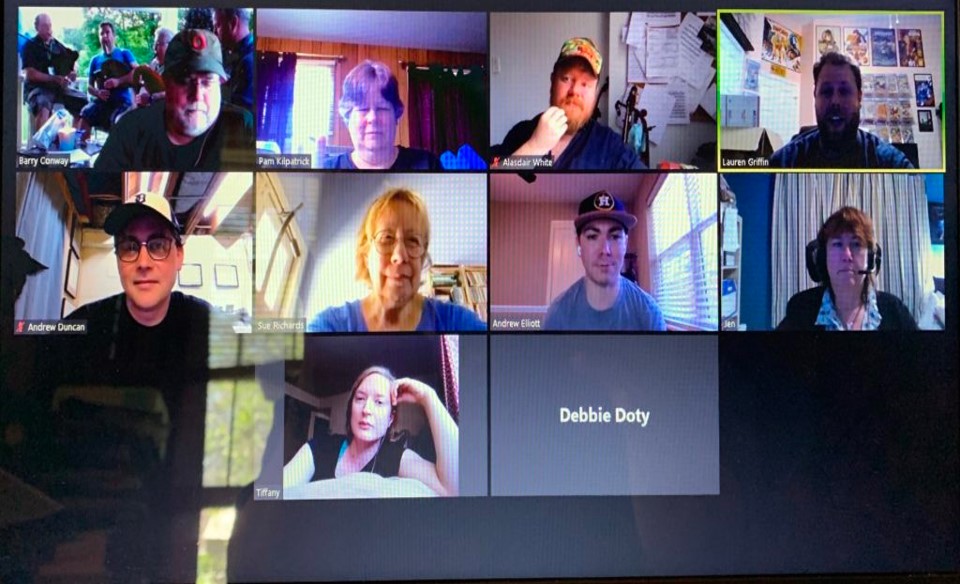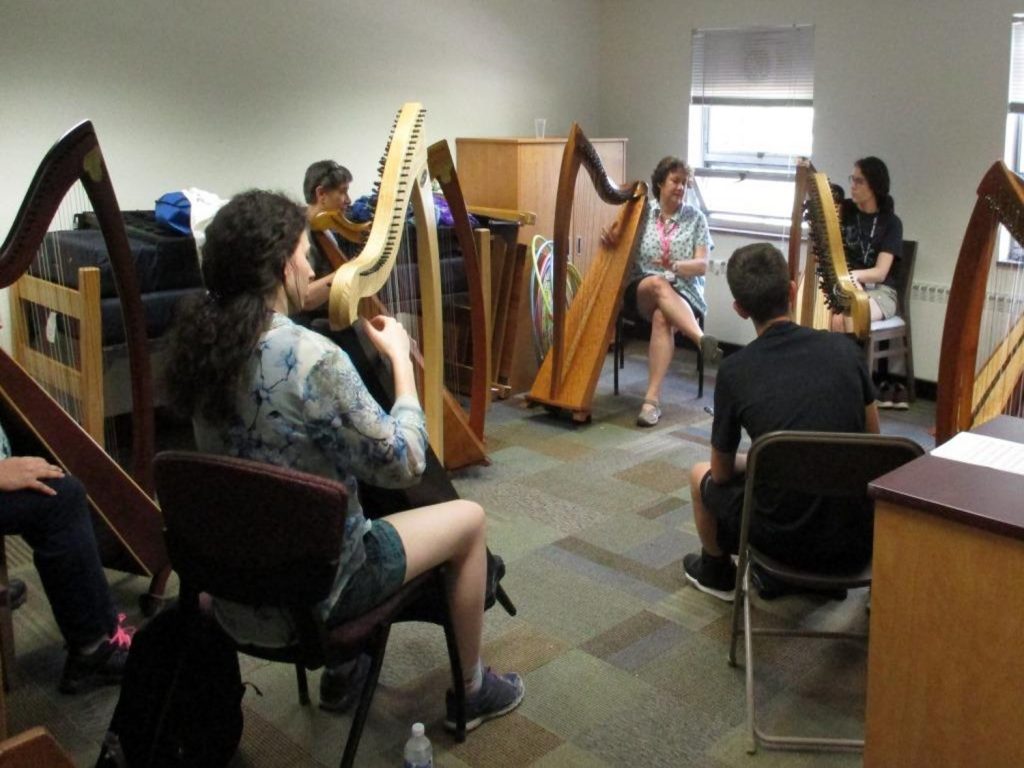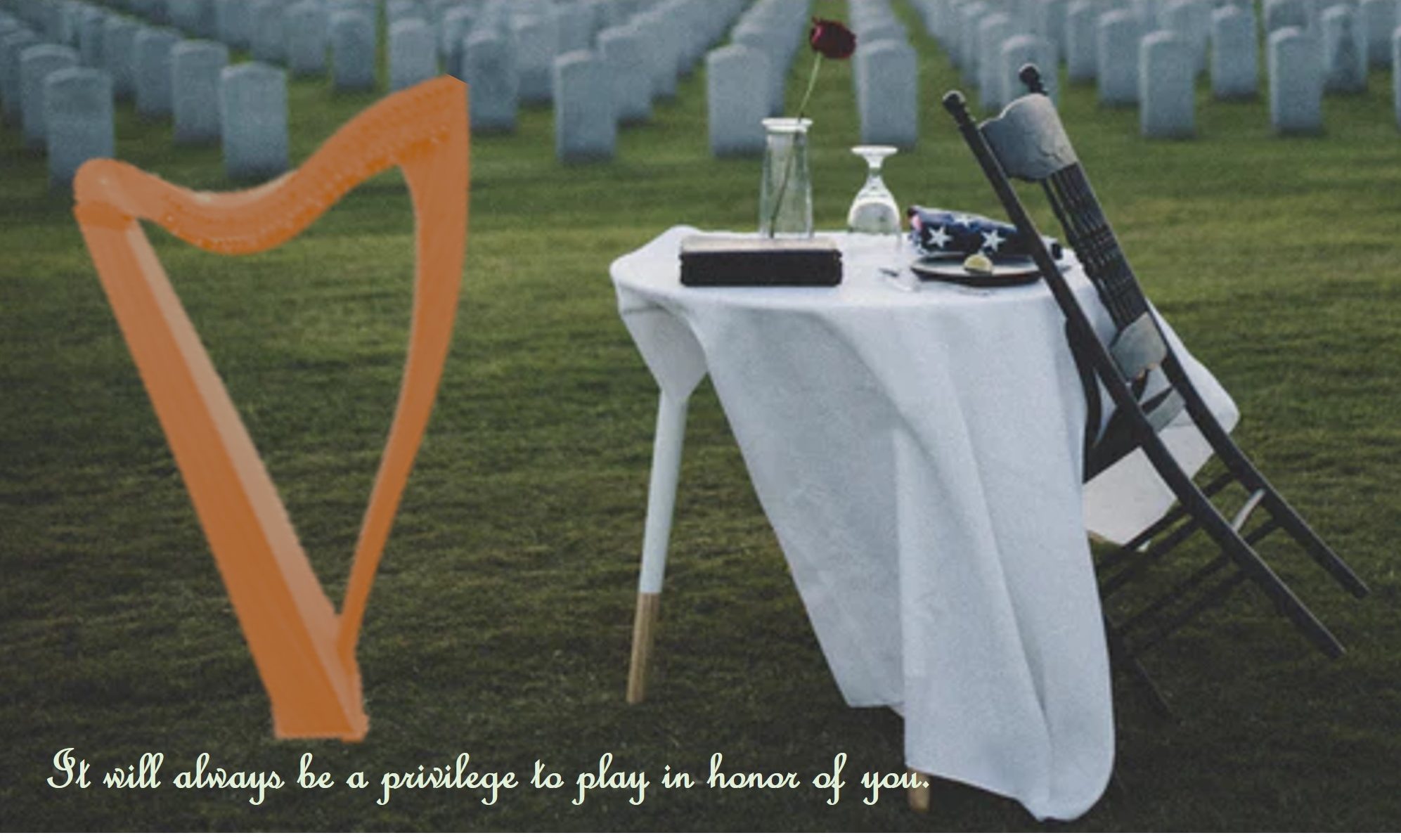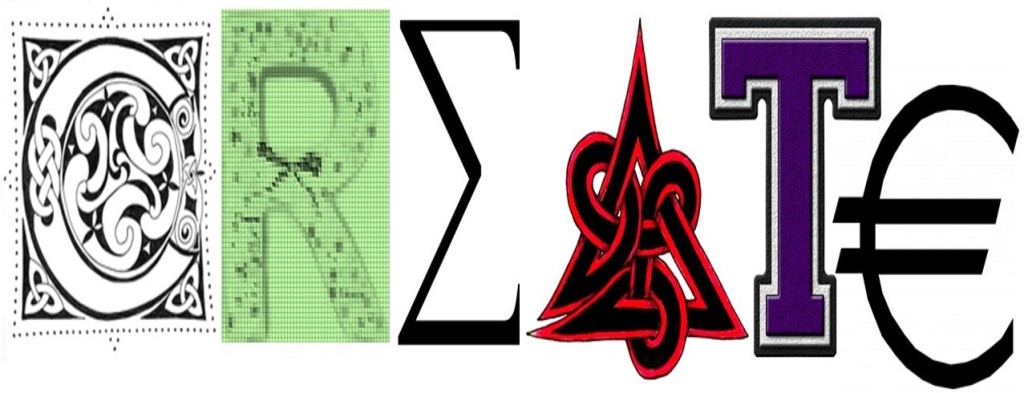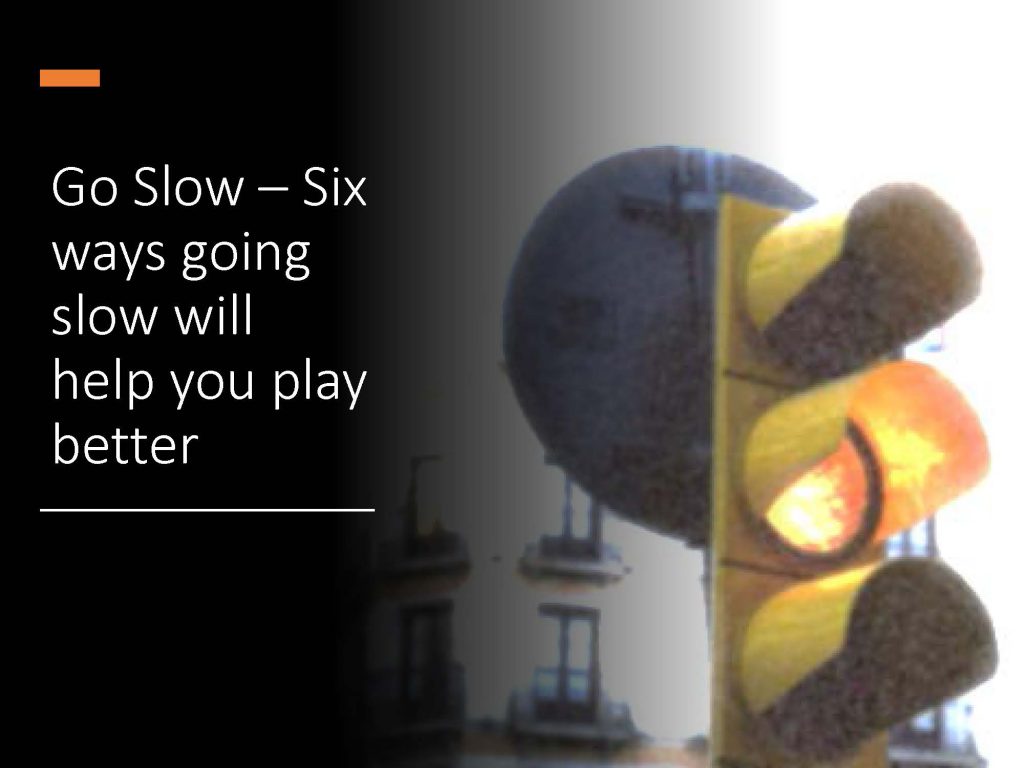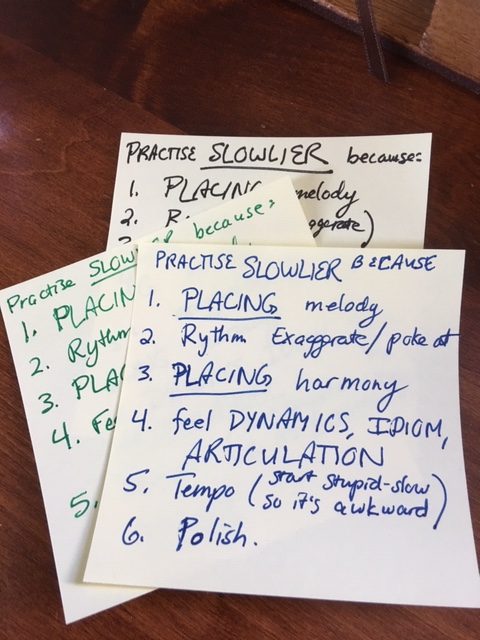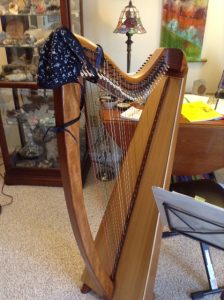As musicians, we use all kinds of tools. This, of course, includes our harps (duh!) and our tuning wrenches. But there are plenty of other tools we use all the time. Don’t believe me? What about your practice journal? Your metronome (yes it counts, even if you barely use it!). Your electronic tuner? Pens, pencils, sticky notes, highlighters – all tools. Books and books and pages of music? Also tools. But perhaps the most useful tool is one that can help you learn, improve, and focus. What is this magic power tool?
Your phone!
Yup, your phone really can be a life saver (well, practice saver at least).
No, not for watching videos (although that’s a good way to learn new tunes). Not for surfing Facebook. Not to check the weather, be a Twit, or to surf up irrelevant factoids.
I’m pretty sure there are two things my students can hear me say before the words can actually get out of my mouth. The first one is: SLOW DOWN! You might be tired of me saying that too. But I repeat it because — it’s true.
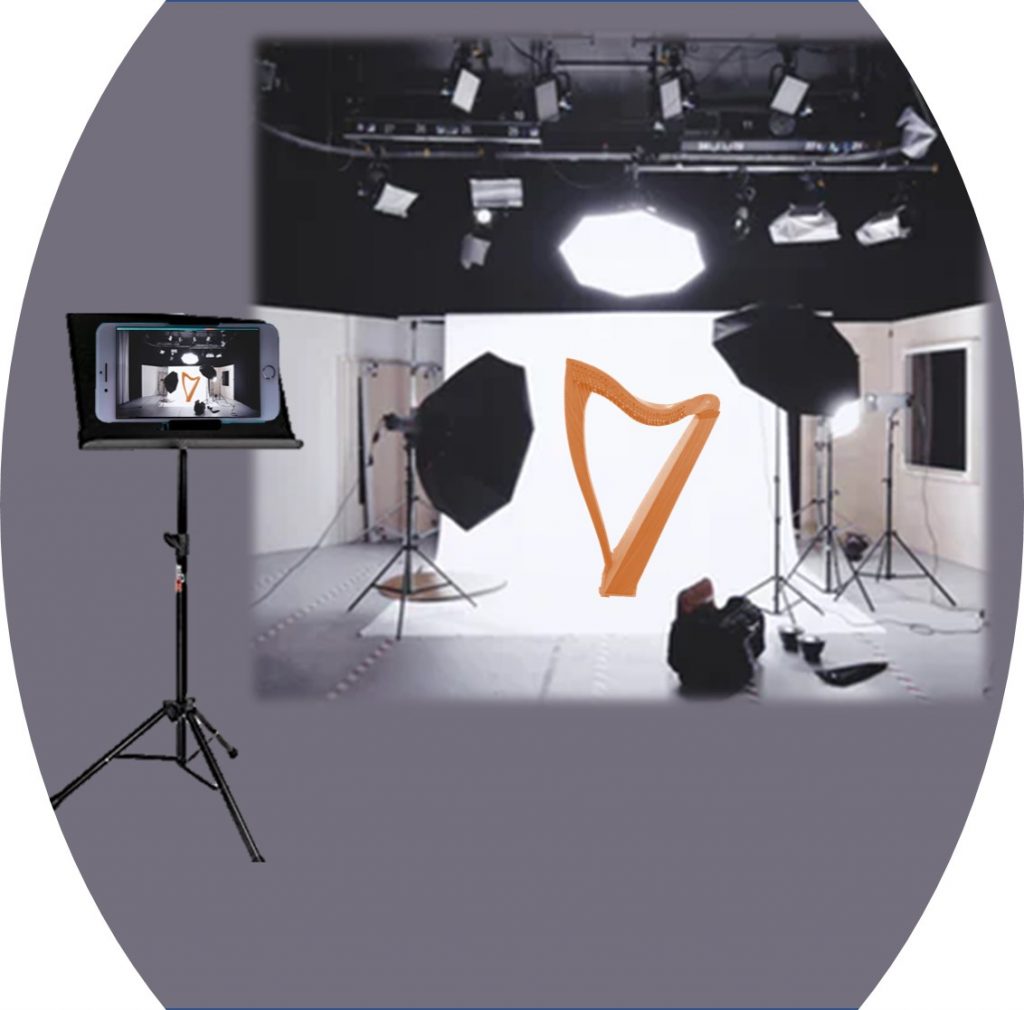 The other one they know is coming is: RECORD YOUR PRACTICE! Use your phone camera to record yourself.
The other one they know is coming is: RECORD YOUR PRACTICE! Use your phone camera to record yourself.
I know that often, no one believes me. But every once in a while, I hear back from someone, “Oh! You were right! I didn’t know I was [insert your current technique foible (sticking out my pinky, not bringing my 3 back in, actively making roach antennas, not actually placing, etc. the litany is long!)] but I really am – I thought you were just being mean.”
This is, of course, a variant of, “Oh, I didn’t know I was slowing down/not waiting/not counting/consistently playing the wrong note” that arises as well.
It is really important to acknowledge that there is a lot going on when you’re playing a tune. You feel this keenly when you’re learning a tune (when even an 8-bar romp seems to last forever, none of the notes will stick together in clumps, and you are sure you’ll never learn it). But once we get past the initial feeling of fear/dread of having to think about each note, we think we got it.
But we don’t. Mostly because there is so much to get – fingeringandplacingandtoneandharmonyandpostureandbreathingandeverythingelse
What you lose – almost immediately – is the ability to monitor yourself! There are so many things to think about and you can only pay attention to so many.
And that’s where your phone comes in – set your phone up on your music stand (obviously point it at your “work area” of the harp – at the strings where you are playing). Make sure you use the video function rather than the still camera. Then push the button and let it go.
Don’t worry about making a huge video – you’re going to record– review–delete. After you have recorded, then you’ll review – watching for what you can learn. Following reviewing, you can then delete that file (or upload it for your teacher) and start the process over again. Make sure you record with sound so you can hear the tune (and the metronome!).
What are you reviewing for? Well, the list is long and distinguished! You will probably need to review it a few times to catch everything. You’re looking for closing, placement, good contact with the string (or getting enough finger on the string), no hesitations, relaxed hands, appropriately raised elbows, no grimaces, etc.). And you are looking for places that you fumble*.
You won’t record your pieces just once. You can repeatedly record when you’re learning the tune (as above). Later, when you’re more facile with the it, you’ll be looking more at the musicality with which you’re delivering the tune – still fingering and placing but also dynamics, phrasing, accents, and those places that sounded good in your head just don’t sound as good in the real world.
No matter which stage of learning you are in with a tune, you are also looking for the places that you need to focus your work. The tricky fingering not working? Focus on just that bit, work it over until you figure out a new fingering and a better way to do it. Then you can append the bit just before (coming into the tricky bit) or just after (coming out of the tricky bit) and build up a larger and larger chunk of the tune until the whole thing just works.
Have you tried recording your practice? Want to share what you learned in the comments? I’d love to hear about it.
*I classify fumbles into two buckets, each of which has a different solution. The first bucket is “I had no idea where to go next”. The solution there is to review the tune and keep working on it because you don’t have all of it in your head yet. The second is “I knew exactly where I needed to go, I just couldn’t seem to get there”. The solution for this bucket is…SLOW DOWN!
